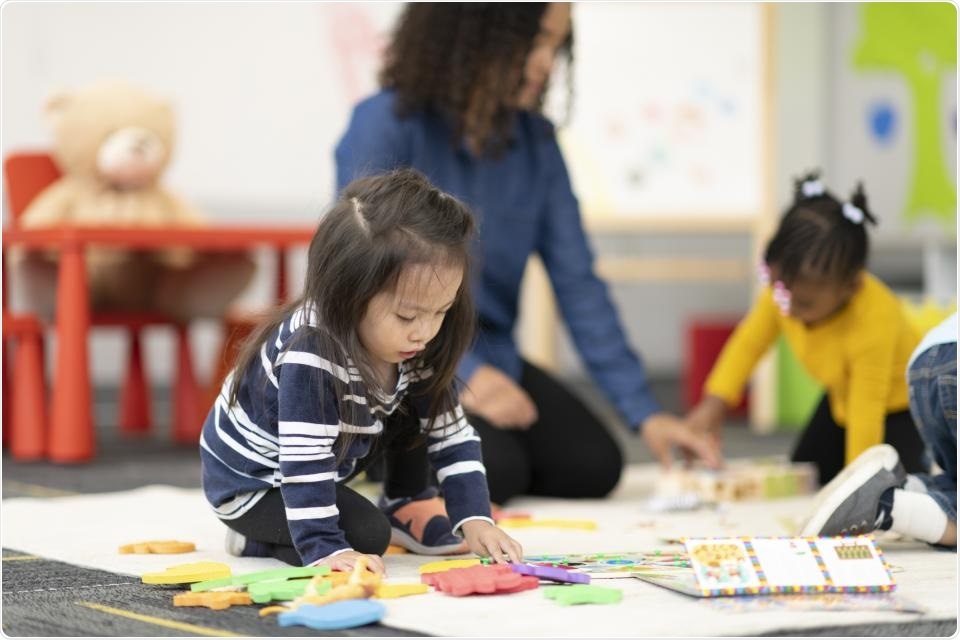Toddlers may not be able to describe their feelings of uncertainty, but a new study from the Center for Mind and Brain at the University of California, Davis, provides evidence that toddlers may experience and deal with uncertainty in decision making in the same way as older children and adults.

Small children may not be able to describe feelings of uncertainty in decision making, but new research from the UC Davis Center for Mind and Brain provides evidence that toddlers experience and deal with uncertainty in the same way as older children and adults. (Getty Images)
Little children show behaviors that suggest they can respond to uncertain situations. For example, they seem to hesitate or ask when they can’t figure something out. But are these behaviors grounded in their evaluations of actual evidence? And how do very young children become aware they are uncertain?”
Simona Ghetti, Professor of psychology at UC Davis
The new study, involving 160 toddlers from 25 to 32 months old, provides a window into how young children’s minds work as they perform a task, she said. The work is published July 20 in Nature Human Behavior.
First author Sarah Leckey, graduate student in the Center for Mind and Brain, led the experimental work. In the study, 2-year-olds were shown pairs of images of animals or common objects, each mostly obscured by a gray square. They were asked to find one of the objects, for example “where is the elephant hiding?”
The task was carried out with both an eye-tracking device, where toddlers responded by pointing, and a touch screen, which allowed to collect their response speed. The experiment was conducted twice, with two groups of 80 children, to ensure reproducibility of the results.
Tracking gaze and behavior
By following the children’s gaze with eye tracking and measuring how long it took them to come to decision, the researchers could see how the children gathered information before making a decision.
We can look at behavior like how they are distributing their looks to find useful information, how they go back and forth between images, or whether they take extra time before responding,”
Sarah Leckey, Graduate student in the Center for Mind and Brain
Children spent longer deliberating on more difficult trials, when the images were more similar, and when they came to an incorrect decision. The researchers were able to further analyze the data using a type of model called a drift-diffusion model, never previously used in studies of such young children.
“We can see if they act as if they are more or less confident,” Leckey said. Ghetti believes that toddlers’ responses to difficult decisions and their search for more information become the basis for eventually becoming aware of our uncertainty, which is fundamental to how we learn as older children and adults.
Additional authors are Diana Selmeczy, Alireza Kazemi, Elliott G. Johnson and Emily Hembacher. The work was supported by a grant from the National Science Foundation.
Source:
Journal reference:
Leckey, S., et al. (2020) Response latencies and eye gaze provide insight on how toddlers gather evidence under uncertainty. Nature Human Behaviour. https://doi.org/10.1038/s41562-020-0913-y